Tune Tag #88 with AJ Deiboldt of The High Notes: Nirvana, Van Dyke Parks, Bee Gees, Alessi, Sly & The Family Stone, Frank Sinatra, Al Kooper
Nashville vs. Austin! Music City vs. The Live Music Capital of the World! A Tune Tag tag team of audacious proportions! Note against note, chord against chord, it'll all be left on the stage'n'staff!
While Fuzzy Q. Wigglebottoms, here, plays “Whack-a-Digit,” I believe there’s a Tune Tag afoot in the next room! Let’s join Brad’n’Adam, now!
Tune Tag proudly welcomes !
AJ Deiboldt’s time in Nashville has been a whirlwind of success and creativity: He has opened for major artists; earned millions of streams as a writer and performer, and has had his songs featured in major movies, games, & TV shows, as well as on radio, both in the U.S. and globally.
He accomplished many of the things he set out to do when he moved to Music City. But even with that success, he needed something new. A transformative night on Beale Street in Memphis and the into-the-wee-hours listening session that followed were the catalysts for the bold reinvention he’d been seeking.
Finding answers in the music of Robert Johnson, Chris Whitley, Nirvana, and Miles Davis, he traded Nashville’s straightforward writing style for more poetic turns of phrase that invite listener-interpretation. Out went the steel-string acoustics, Telecasters, and big drums emblematic of modern country.
In came stripped-down Resonator guitar-centric arrangements, open tunings, stomps & claps, and slide licks that act as a foil to the blues-infused vocal style that delivers his soulful melodies.
Adam prepared a brief video demonstrating his resonator, and disclosing a bit of the guitar’s history, here:
Arriving on February 19th, 2025, his new single, “Diamonds In The Dust,” distills elements of blues, folk, & Americana into something as-yet unheard in the modern musical landscape. It’s somehow familiar, but brand new at the same time; catchy, but more than just commerce:
It’s a song you’d thank an ear-to-the-underground-music-loving friend for passing along to you, but also something you could find yourself Shazam-ing when it popped up on a gritty recent TV show. The point is, with the release of this single, AJ Deiboldt is onto something new, and he’s only just getting started.
AJ’s new single, “The Old Ways,” is now available for streaming and purchasing by clicking here!
Last week, we enjoyed the company and sly Tune-stylings of of Musings of a Broken Record:
Next week, Tune in as we welcome of the ever-eclectic Goatfury, for his third Tune Tag-arama!
Adam’s song #1 sent to Brad: Nirvana, “In Bloom,” 1991
Adam’s rationale: For my generation, Nirvana’s Nevermind was our Beatles-On-Sullivan moment. It was not only the call-to-arms which prompted loads of us to pick up electric guitars, beat on caveman-sounding drums, and scream into whatever microphones were available; it was also a changing of the guard that put both hair bands and Michael Jackson in their place.
My Uncle Dibby hipped me to a lot of great music over the years, but when he brought this album on a family trip to West Virginia one summer, my future as a guitar player was written. “Teen Spirit” was the 1991 hit, and I loved the whole record, but something about “In Bloom” stuck with me more than any of the other Nevermind songs at that point and kept me coming back!
The way Kurt Cobain’s guitars play call-and-response with Dave Grohl’s monster drums was a formative memory. His drumming in Nirvana showed that drum fills can be just as identifiable and iconic as guitar riffs and for that reason, he is, in my mind, one of the greatest rock drummers ever, up there with Bonham, Mitchell, and Moon.
The guitar solo is a classic Nirvana noise solo that set my teenage ears on their sides trying to figure out what he was doing! It wasn’t as complex as I’d thought, but it still sounded great, and it’s interesting to me that the blame for the death of guitar solos was laid at Cobain’s feet, especially considering he was playing a lot of really great ones on their records.
Brad’s song #1 sent to Adam: The Dee Gees, “Tragedy,” 2021
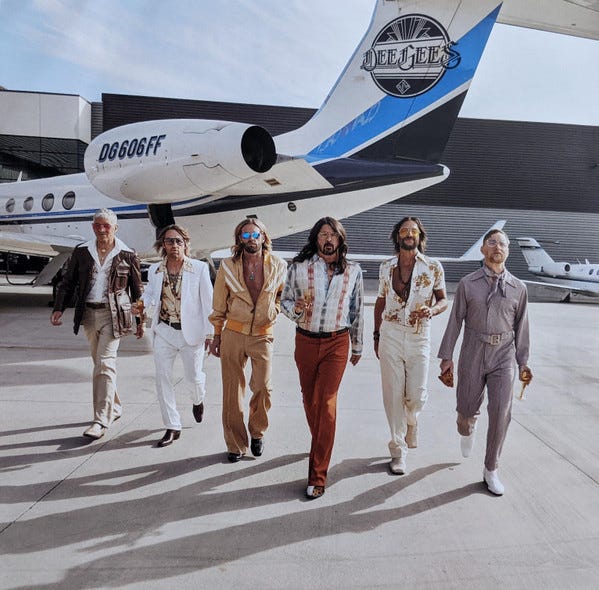
Adam’s response: I had no idea this existed! Obviously you picked this one because of the Dave Grohl factor, and I’m pretty impressed at his treatment of this one, especially the vocals!
What’s funny is, when you first sent this, I thought “Dee Gees” was a typo, and so I looked up the Bee Gees’ original, and wound up listening to that for a day or two before I researched it a bit and found out that Foo Fighters covered this themselves and then the Dee Gees thing made hilarious sense!
I’ve never been a big Bee Gees fan outside of a few songs, but I have to say the original version, especially, has grown on me, especially the production and arrangement of it (produced by The Bee Gees, Karl Richardson, and Albhy Galuten, who co-produced, with Jack Joseph Puig, Bellybutton and Spilt Milk, the two early-’90s Jellyfish albums):
A rare, behind-the-scenes peek at The Bee Gees recording “Tragedy” at Miami’s Criteria Studios, 1979:
Brad’s rationale: The shared drummer between Nirvana and The Dee Gees? The D.G. himself, Dave Grohl, one of rock’s premiere elder statesmen and ambassadors, meant in only the most respectful manner!
Plus, I always loved singing “Tragedy,” quite frequently, at karaoke a decade ago!
Adam’s song #2: Harry Belafonte, “Jump In The Line,” 1961

From the Wiki: “‘Jump in the Line (Shake, Senora)’ is a calypso song composed by Lord Kitchener (shown above), and best known from a version recorded by vocalist Harry Belafonte (with the Trinidad Steel Band) in 1961 (the Jump Up Calypso album), produced by staff producer, Bob Bollard, for RCA Victor Records. Perhaps its most memorable appearance is in the 1988 Tim Burton comedy horror film, Beetlejuice, during the movie’s end. This occurrence later appeared in the Broadway musical stage adaptation in 2019 as the finale.”
Brad’s response: I’m gonna go with the label tag, Regis, and that’s my final answer! Nice RCA match, Adam, as both The Dee Gees and Belafonte recorded for His Master’s Voice!
Adam’s rationale: Much like “In Bloom” was a formative song for me, “Jump In The Line” is as well because (and I left Brad this hint in the link I sent) it was used in the original Beetlejuice movie. When I was a kid (and video rental stores still existed), my siblings and I had a love for this movie and rented it every time we went to the store for months on end!
Harry Belafonte’s voice doesn’t get its due; it’s rough, but smooth all at once, the kind of delivery few singers are able to pull off even should they win the genetic lottery that would bless them with such a voice!
The connection is that “Tragedy” (the Bee Gees’ version) was used in the recent Beetlejuice sequel, and “Jump In The Line” was the soundtrack to the original’s final scene with Winona Ryder dancing:

Brad’s song #2: Van Dyke Parks, “Ode to Tobago,” 1972

Adam’s response: Not familiar with this one but I'm sure the Calypso connection is why you picked it. My familiarity with Van Dyke Parks is limited to the fact that Brian Wilson recruited him to help with lyrics on the Smile album.
Brad’s rationale: The Trinidad Steel Band (and I believe they’re the same outfit, and not simply another steel band)….from the Belafonte record to eleven years later, and the Van Dyke Parks album, Discover America (on Warner Bros. Records) and the “Ode to Tobago” song Parks wrote.
Adam’s song #3: Frank and Nancy Sinatra, “Somethin’ Stupid,” 1967
Brad’s response: A song written by Van Dyke Parks’ older brother, C. Carson Parks. At first, I thought Adam may have been making a label tag…Frank’s own Reprise Records is/was distributed by Warner Bros. Records, and Van Dyke Parks was on the parent label.
While rifling through details in landing on Parks, the younger’s song and album, I briefly ran across (for my first time) Carson’s name and familial connection. But, it never crossed my mind Adam might go to that connection for his next song!
Hmmm, I feel somewhat encouraged, if not driven, to be just a little more shrewd and cunning as Adam was in his choice…although, I recognize the challenge!
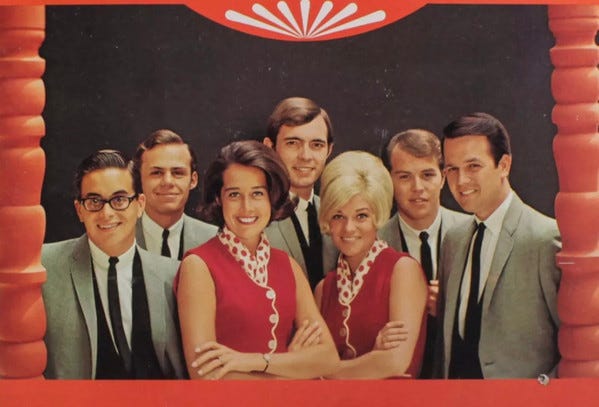
Wiki: Before mid-’60s folk group, The Greenwoods, disbanded, Parks and Foote also began performing as a duo, Carson and Gaile, and in 1966 recorded an album for Kapp Records, San Antonio Rose. This mostly included Parks’ own songs, one of which was the track, “Somethin’ Stupid”:
Through a contact in Frank Sinatra’s organization, Parks ensured that Sinatra heard the song. Sinatra played it to his daughter Nancy’s producer, Lee Hazlewood, who recalled “He asked me, ‘Do you like it?’ and I said, ‘I love it, and if you don’t sing it with Nancy, I will.’ He said, ‘We’re gonna do it; book a studio.’” The recording by Frank and Nancy Sinatra spent four weeks at #1 on the U.S. Billboard Hot 100 chart, and also reached #1 on the UK Singles Chart.
Adam’s rationale: The connection here is that Van Dyke Parks’ brother, Carson, wrote the lyrics for this song, which Van Dyke himself pitched to Sinatra as a duet with Nancy, Frank’s daughter, while he was working at Sinatra’s label. This song became Frank Sinatra’s first million selling single.
Brad’s song #3: Alessi, “You’re Out of Love,” 1978
Adam’s response: I’m betting the connection is the Italian thing. If I want to get real conspiratorial, the connection will be that the connection of Van Dyke Parks to The Beach Boys, who were a band with brothers in it, and so are these guys.
Never heard of these guys, although when I hear this song it makes me wish I was on a yacht🤣!
Brad’s rationale: Brothers: The Parks bros to the Alessi Brothers, Billy and Bobby…by now, in 1978, just going as Alessi. Billy and Bobby wrote “You’re Out of Love,” and Kiss’s Paul Stanley contributes guitar, while Seals & Crofts’ Dash Crofts adds backing vocals. In fact, that duo’s producer of choice for their early-’70s hits, Louie Shelton, produced this Driftin’ album by Alessi! Let’s see if Adam picks up on any of these hitmakers for his next song!
Adam’s song #4: Sly & The Family Stone, “Hot Fun in the Summertime,” 1969
Adam’s rationale: The brother thing strikes again! This is one of Sly & Co’s fizzier songs, but it somehow has gravitas at the same time due to how well put together it is. They were a band who could do anything, and when this one comes on, you can feel the sunshine in how they sing it, as well as the triplet piano chords that keep their foot on the gas.
My favorite part is the background vocals during the hook. The melody there is a hook in itself and after the lead vocals being traded from member to member, everyone coming together and forming a beautiful whole just puts everything in perspective and helps melt away the cold….especially when performed live:
Brad’s response: Written and produced by Sly, his-bad-sef, this incredible slice of Woodstock-era rock is so deliciously pan-genre, it deserves a space (if not a hallway) in the Rock Hall! That iconic piano riff alone is just as riveting and ear-grabbing as any Page or Iommi guitar riff; it even goes neck’n’neck with Martin Barre’s opening “Aqualung” riff! By note one, you immediately turn up the car radio volume!
Adam, you sly (oops…did I do that?!?) devil. Gotta think Adam has not heard (or heard of) the Alessi’s, nor, really, should he have (different era, century, no real radio play, etc). But, he did some clever research to discover the Brothers recorded a cover of this Sly slice in 1979 on their follow-up to Driftin’, their fourth album, Words and Music. Their cover is decidedly (and fully time-stamp-worthy) disco, with the arrangement by Tom Saviano.
Jeff Baxter and Lee Ritenour are guesting on guitar, and were hopefully paid handsomely. This couldn’t have been a session they’d have written home about! This reveals a couple things about 1979: This arrangement is shamelessly derivative, and meant solely to garner cheap club play, which is fine. But, by this time, disco had had its day night in the sun, and was merely becoming a silly, wilting parody of itself.
The second thing it did (but, by now, the Brothers had to have seen the writing on the wall) was pinpoint Billy & Bobby’s dilemma for the 4 albums they’d released on A&M Records since their 1976 debut (with lots of fine, sugary, harmony-filled material): What a headache they had to be for the label’s PR and promotion departments!
They were too pretty for serious FM play, and their music had little-to-no real rock gravitas for any FM rock stations, anyway. And, if they weren’t willing to “put themselves out there” for the teen mags (as I’m guessing they weren’t), their material wasn’t really geared for the junior high pin-up crowd, anyway.
I had all those Alessi albums, and enjoyed what they were trying to do (they’re clearly talented, vocally and otherwise), but it was clear to see that A&M had their hands full in “accurately” promoting them. Listen at your peril (then go back to Sly’s classy, classic original):
I decided to use this album, though, to come up with my “answer” song. While Al Kooper doesn’t play on this particular song, he did provide synthesizer on the Alessi’s cover of The Spencer Davis Group’s “Gimme Some Lovin’” (written by Steve and Muff Winwood, and Spencer Davis) which led off their Words and Music album. So, here’s Kooper’s cover of Gary Lewis & The Playboys’ hit, “This Diamond Ring” (written by Al Kooper, Bob Brass, and Irwin Levine):
Brad’s song #4: Al Kooper, “This Diamond Ring,” 1976
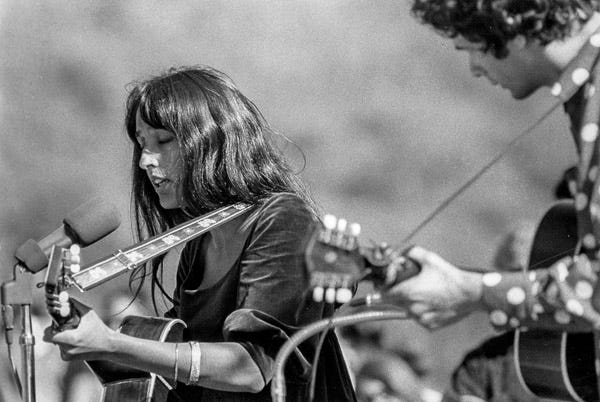
Adam’s response: This is a really good song and it’s interesting to hear the difference between Al Kooper’s version and some of the more commercial versions floating out there. While Gary Lewis & The Playboys’ extremely popular version of the song seems like it comes from a teenager, Kooper comes on like a trenchcoated sad-sack waiting outside a pawn shop in the rain hoping to intercept a buyer on the way in!
It also makes me miss that multiple people used to cut versions of the same songs back in the earlier days of popular music. Having different versions of great songs creates standards and that’s something that I think is missing from the music world today.






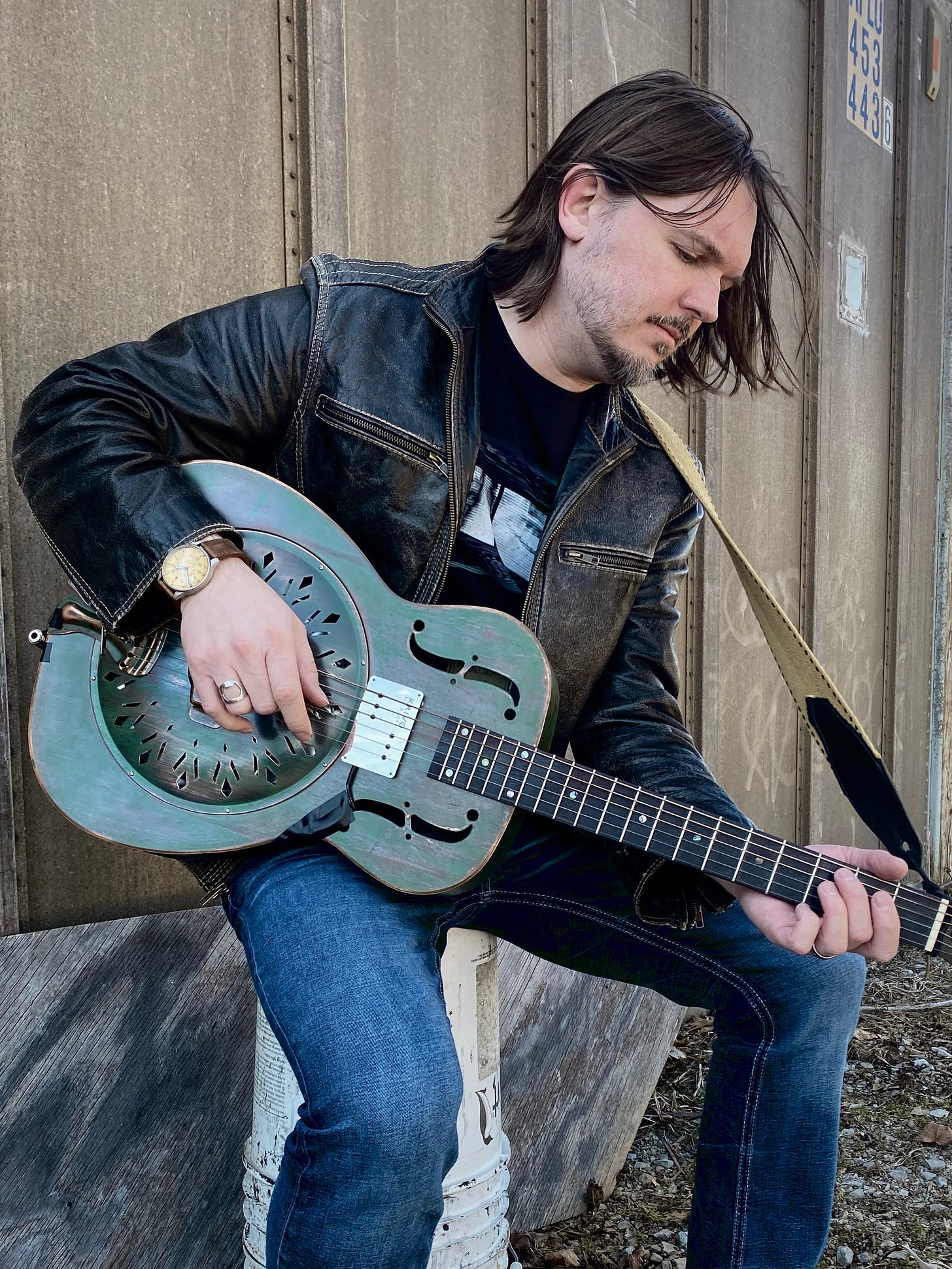



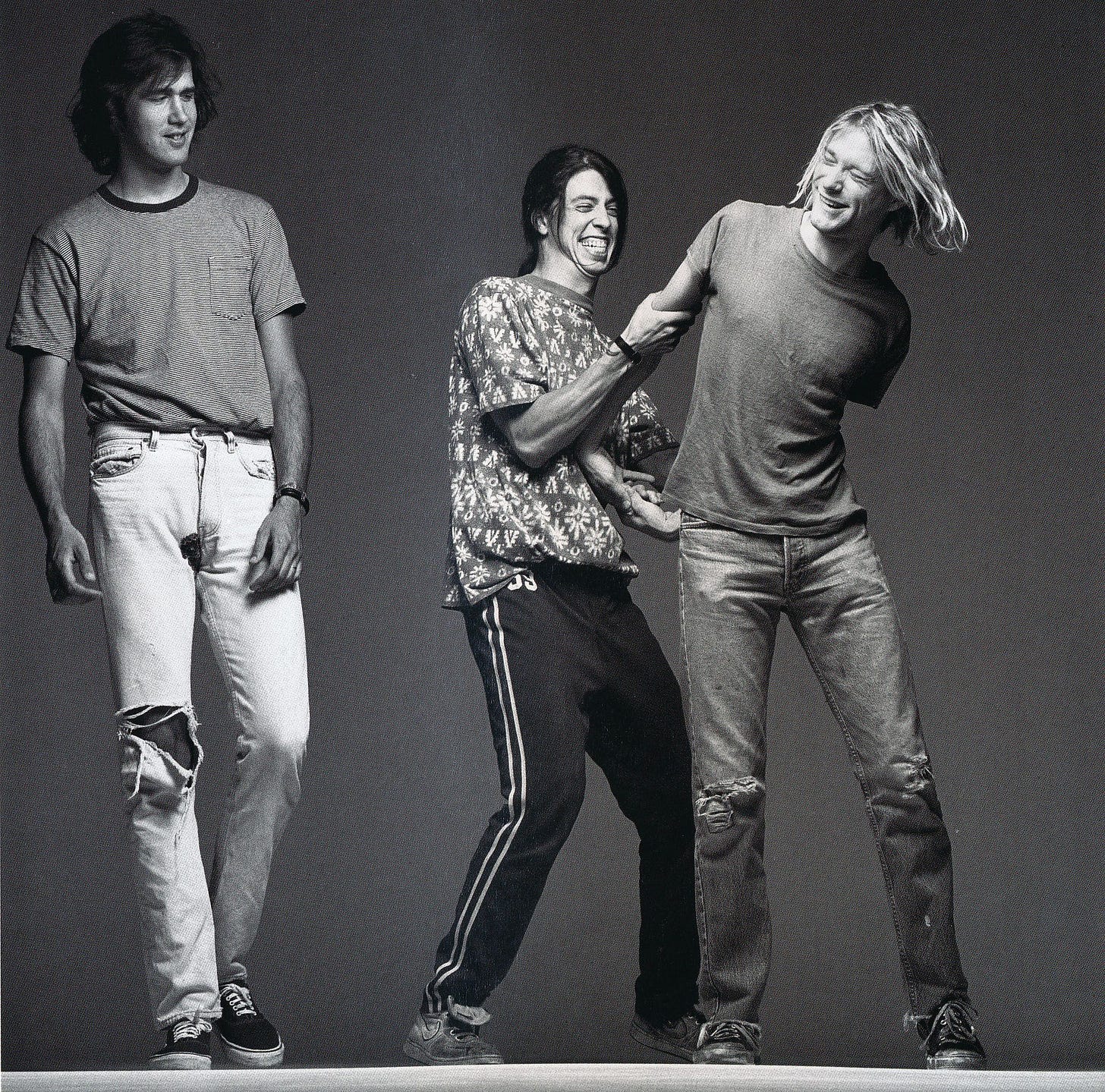

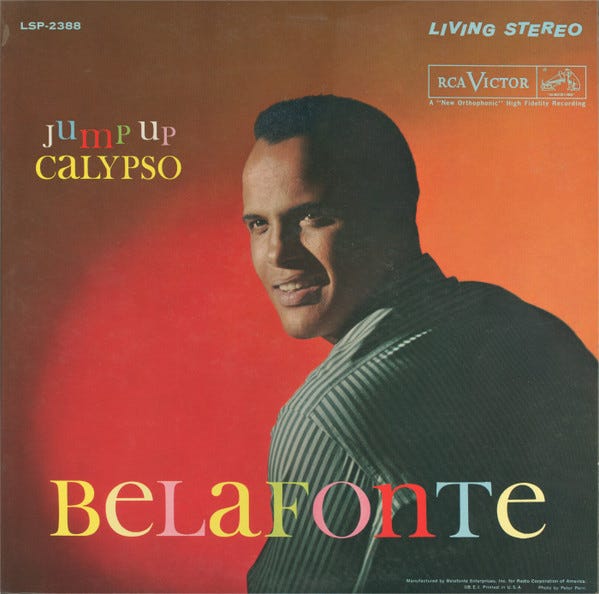
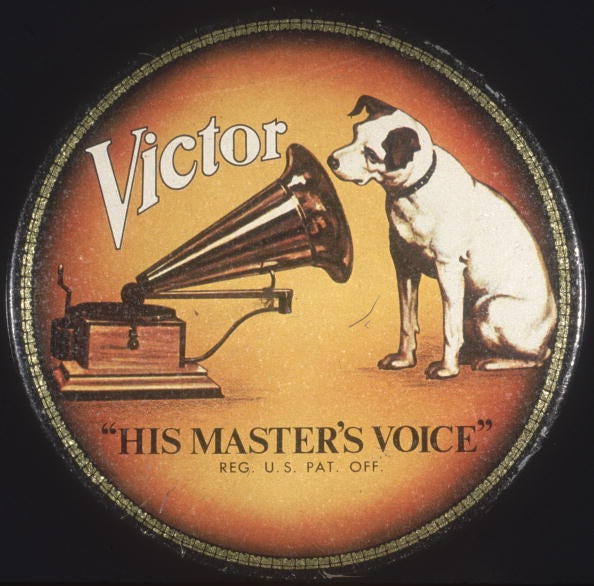
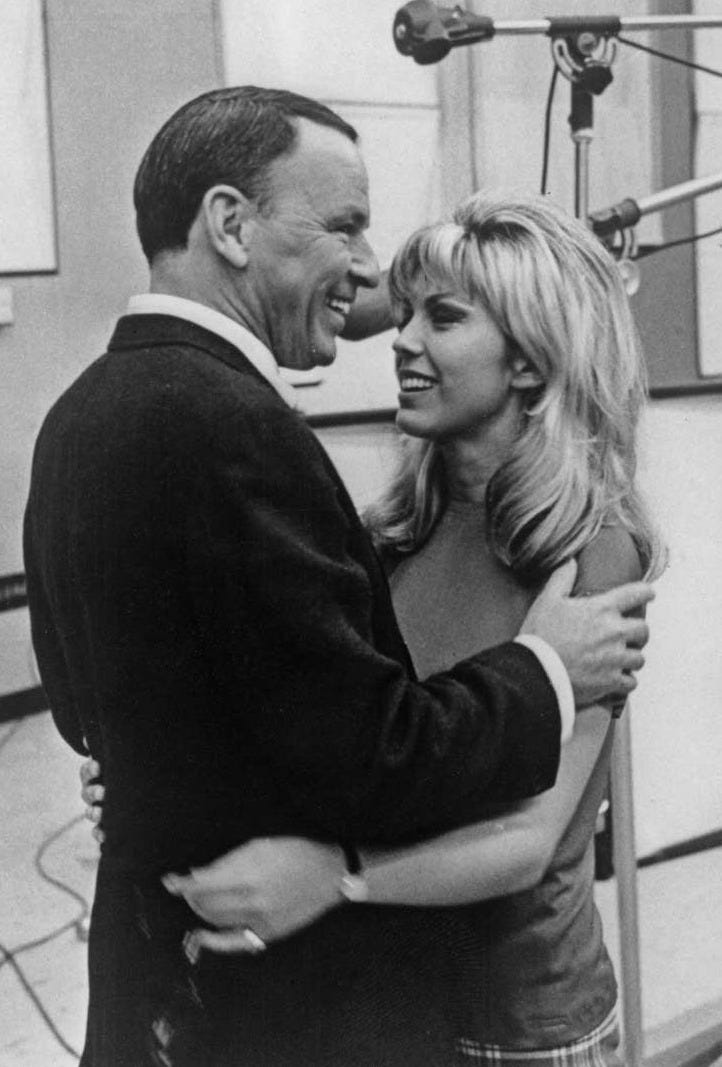

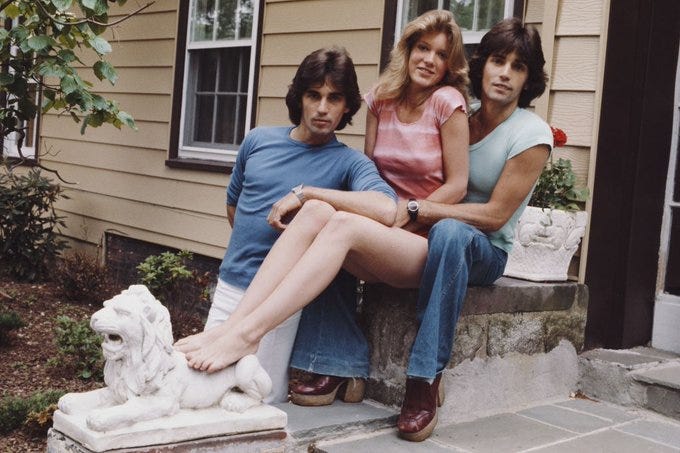

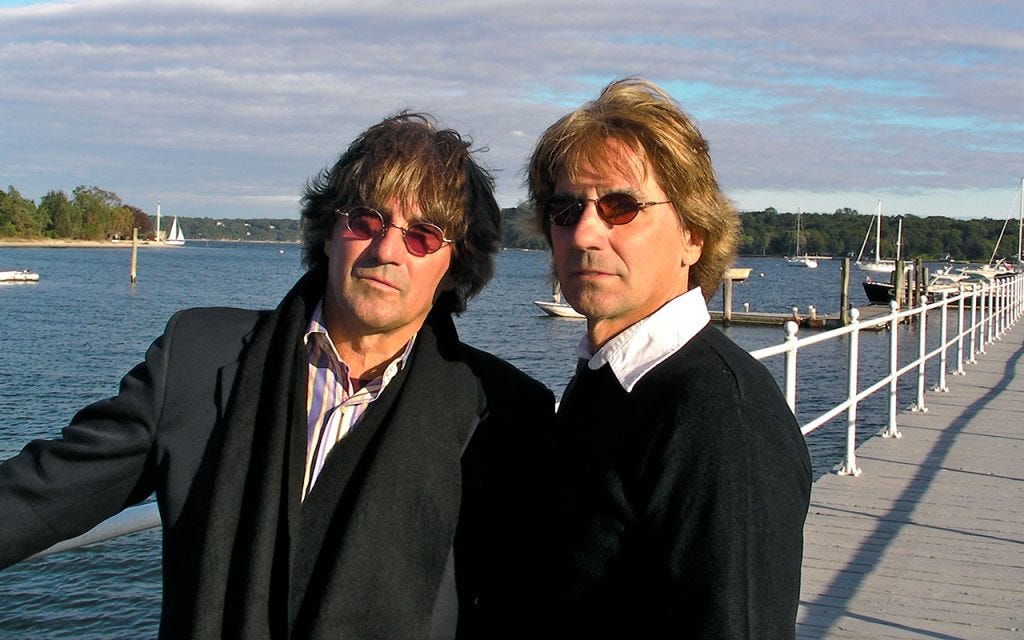
![Sly & The Family Stone Share New Animated "Everyday People" Video For Black History Month [Watch] Sly & The Family Stone Share New Animated "Everyday People" Video For Black History Month [Watch]](https://substackcdn.com/image/fetch/$s_!I2qL!,w_1456,c_limit,f_auto,q_auto:good,fl_progressive:steep/https%3A%2F%2Fsubstack-post-media.s3.amazonaws.com%2Fpublic%2Fimages%2Fa89f87bc-c01a-4c9d-911e-37ff44ab0c19_740x390.jpeg)
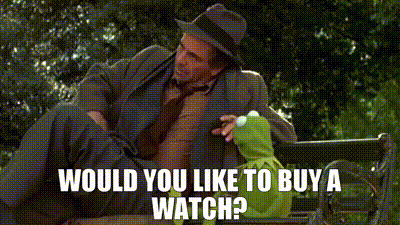


Great responses Brad! I was really looking forward to reading your thought process for these above all else and love what you said!
For the record, I actually didn't know about the Alessi's cover of Hot Fun. It was hard finding more than cursory info about them as they seem to be somewhat lost to the sands of time at this point. Its interesting that they were pegged as these pretty boys but refused to lean into that considering what their music sounded like; I think they would have been more popular (albeit a fleeting kind of popular) had they done so.
Thank you so much Andres! ☺️ And now you got me thinking I need to do a Diamond mashup lol!